1921 (Taisho 10) Wednesday, July 20 There was a regular personnel change in the Army. 10 years later, in 1931, Kanji Ishiwara, as a staff officer at Kwan-tong Army, is known for the Manchurian Incident. In 1921, Ishihara was a 32 year-old captain.
Ishiwara, who had been stationed in Hankou, Hunan Province for one year and three months as a member of the Central China Expeditionary Force Headquarters, returned to Japan through this personnel transfer and became a military science instructor at the Army War College. When Ishiwara was young, he did not pay attention to studying in Germany, which was the top goal for elite officers at that time, and he was known for wanting to work in China. According to Shimpei Yokoyama, who was also from Yamagata Prefecture and was a classmate of Ishihara at both the Military Academy and the Army War College, Ishiwara, who was assigned to be stationed in Hankou and had to go to the Chinese continent, felt very satisfied and spent a lot of time studying the military science he had studied for many years there and studying the war guidance theory. However, when Ishiwara was stationed in Kankou, China was in the midst of political unrest and political turmoil caused by Zhili-Anhui War, and his doubts about the political abilities of the Chinese people came into Ishihara’s mind.
After returning to Japan, Ishiwara became an instructor at Army Collage, and the following year, he was stationed in Germany and transferred to Berlin. Two years later, in 1924 (Taisho 13), he returned to Japan and became an instructor at the Army War College again. Then, in 1928 (Showa 3), he was finally transferred to Lushun as a staff officer of the Kwantung Army (Japanese armed forces in Manchukuo), which caused the Manchurian Incident in 1931 (Showa 6).
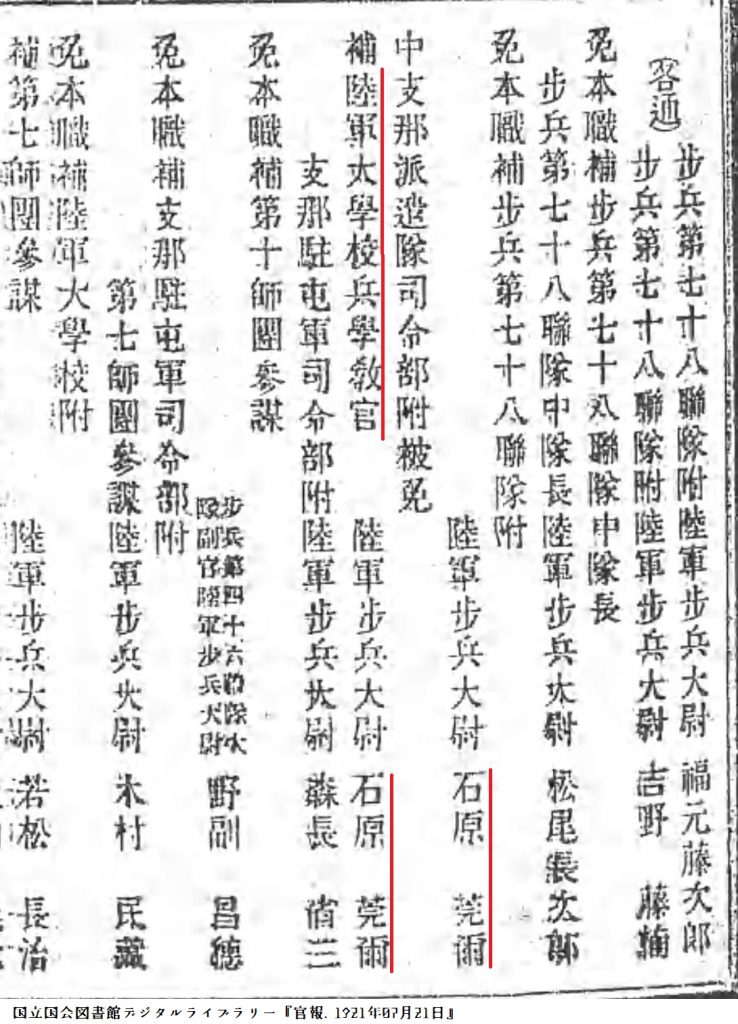
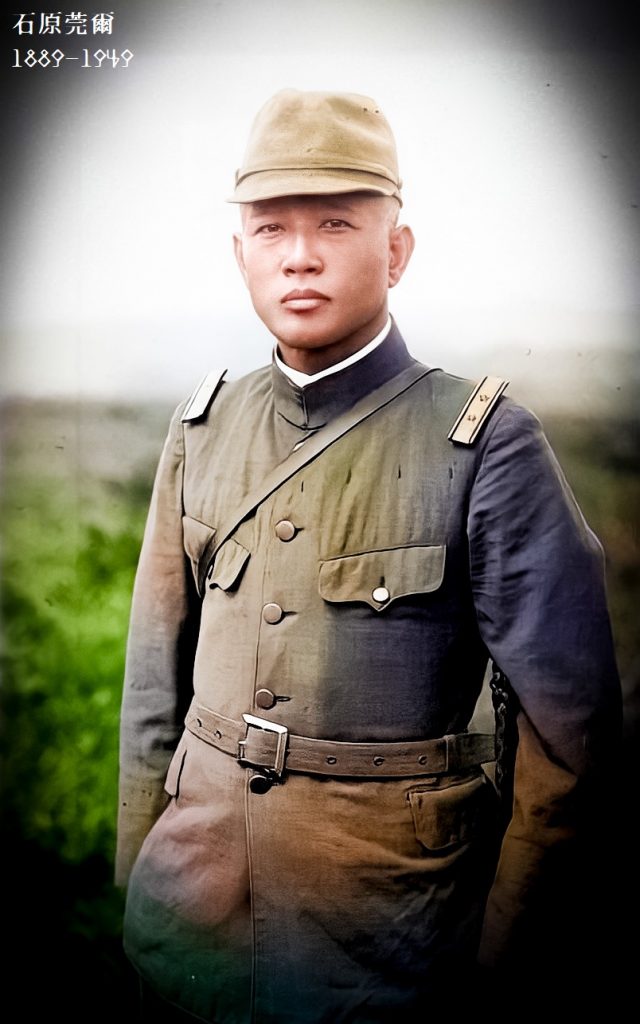
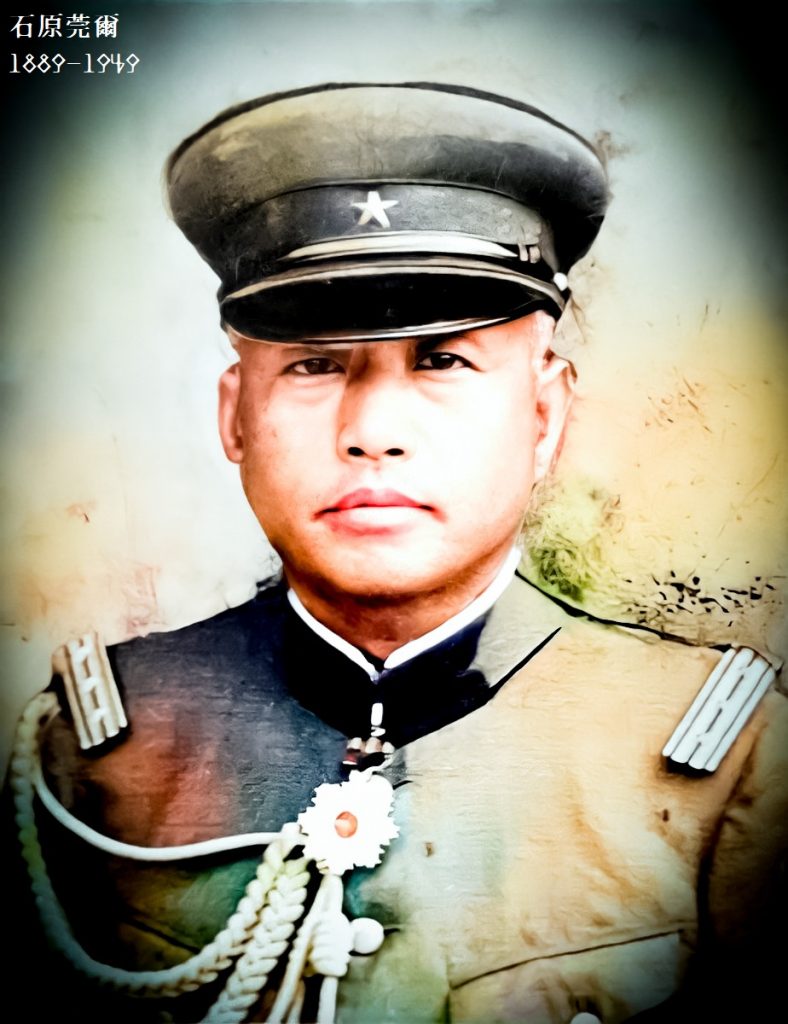
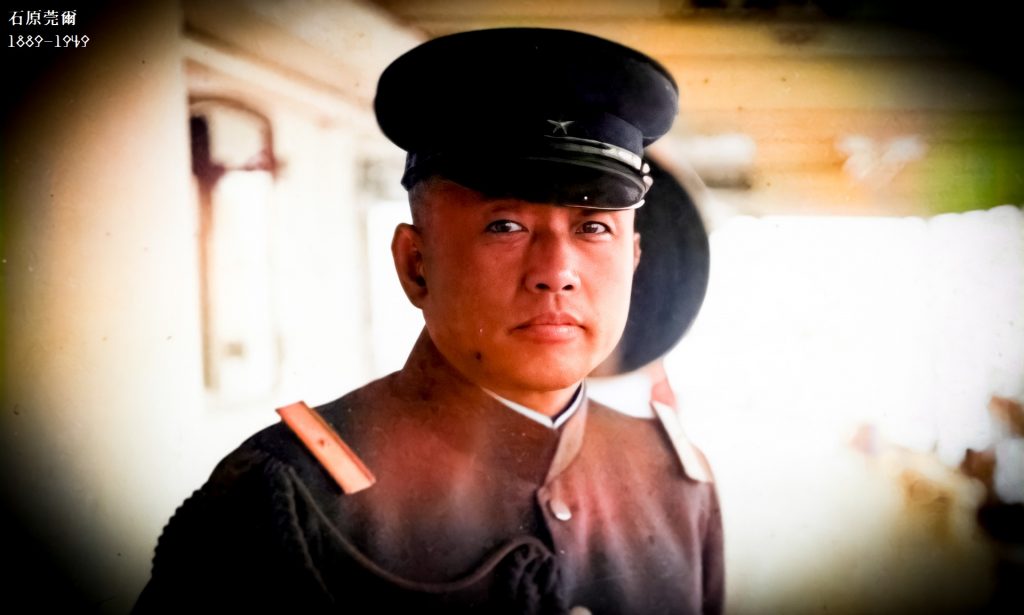
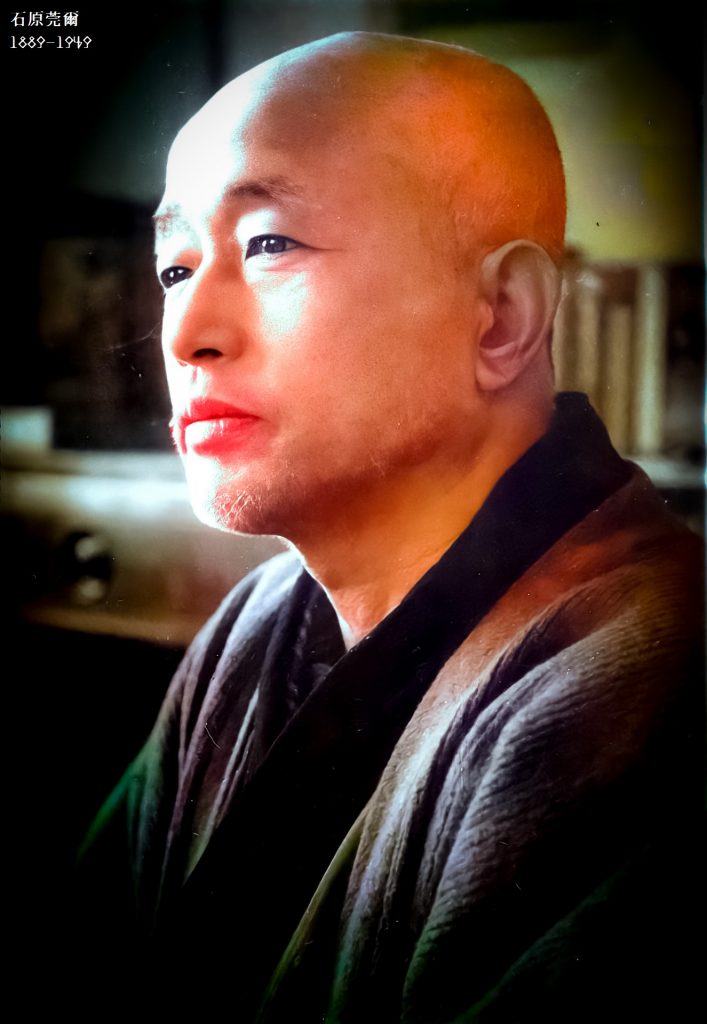

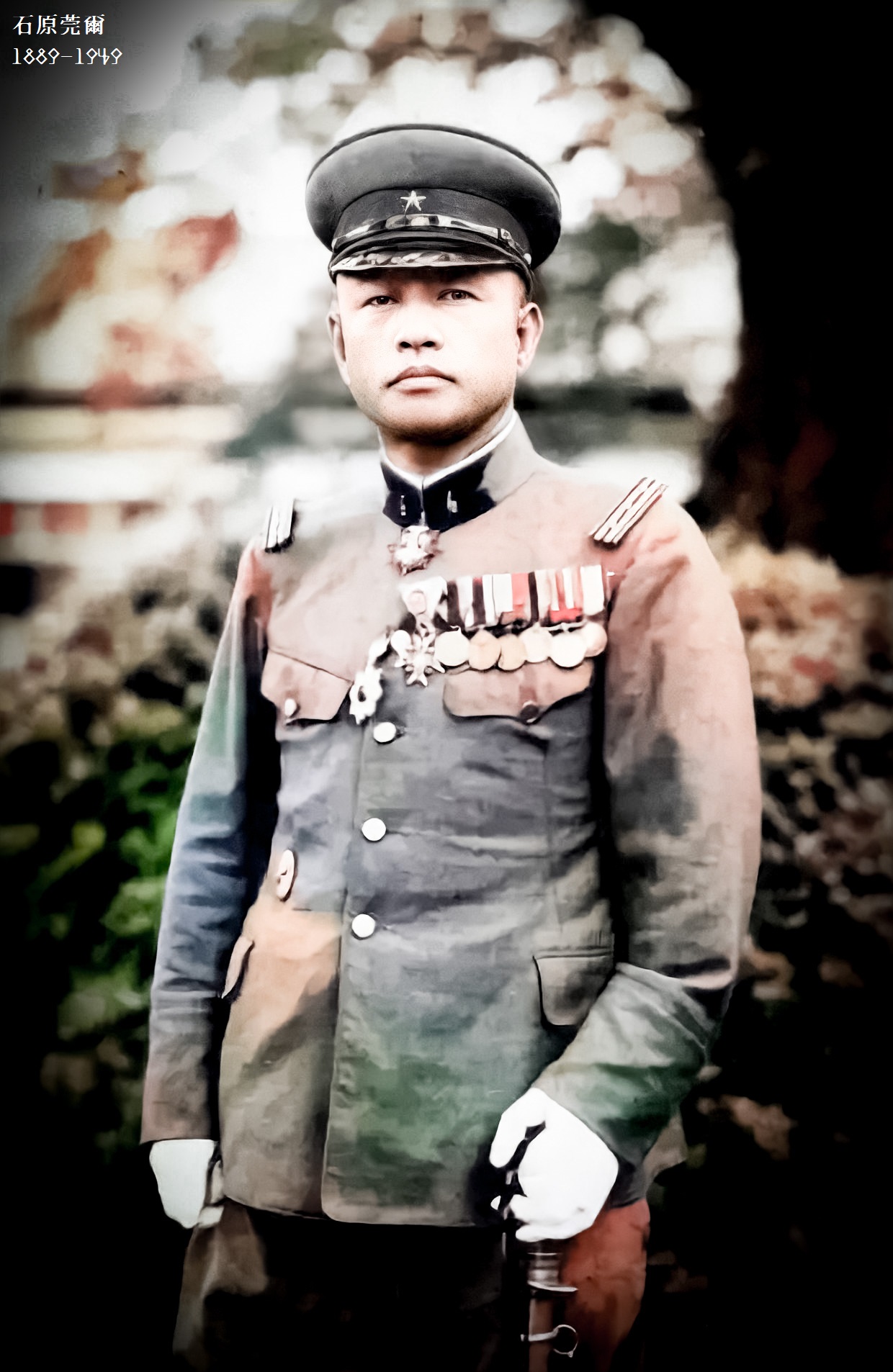
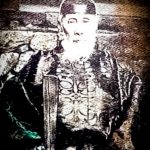

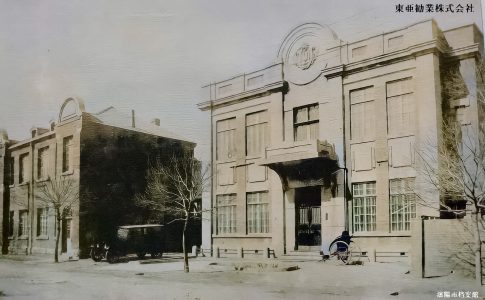
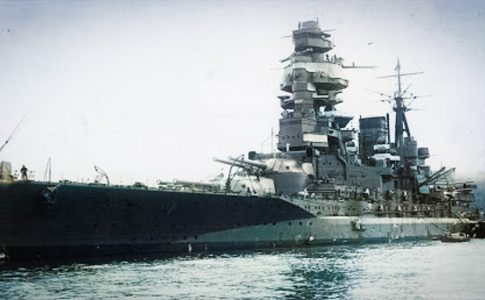
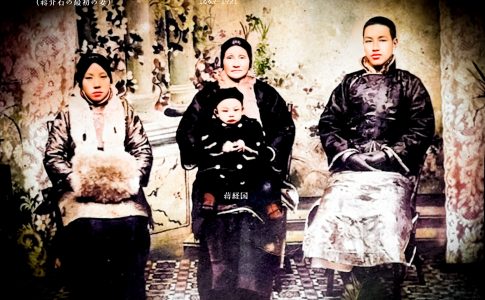
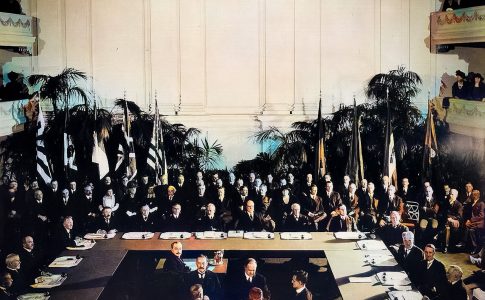
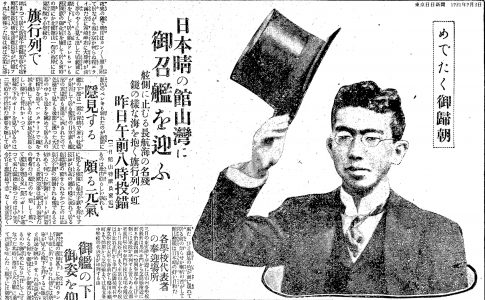
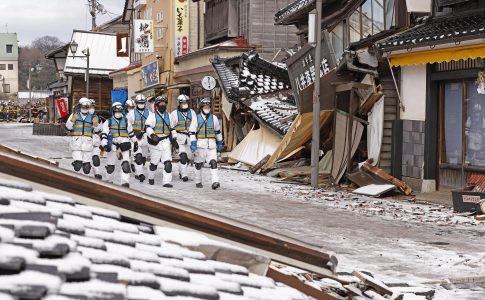
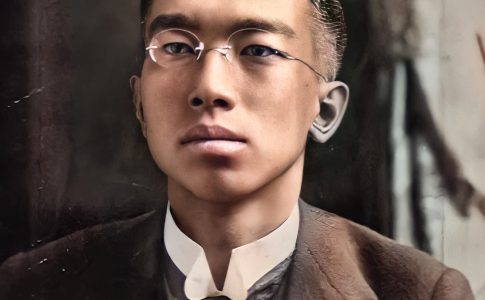
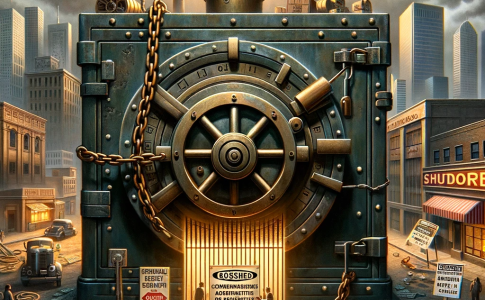
Leave a Reply